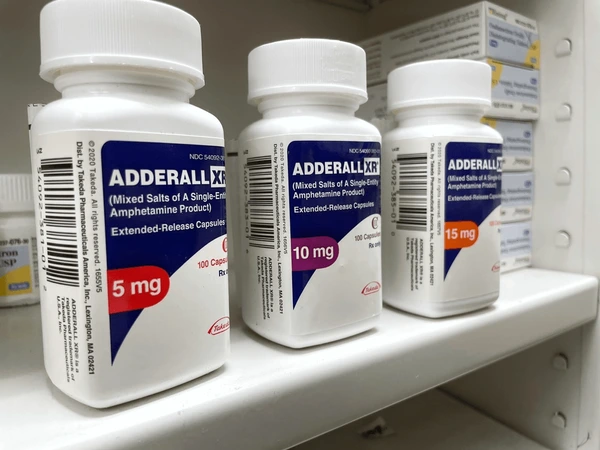Xanax 1mg, Xanax (generic name: alprazolam) is a widely prescribed medication for anxiety and panic disorders. The 1mg dosage is a common prescription strength, known for its effectiveness in managing these conditions. However, like any medication, it comes with potential risks and necessary precautions. This blog post will provide a comprehensive overview of Xanax 1mg, including its uses, potential side effects, and important safety information.
What is Xanax 1mg?
Xanax belongs to a class of medications known as benzodiazepines. It works by enhancing the effects of a natural chemical in the brain called gamma-aminobutyric acid (GABA). This helps to produce a calming effect, making Xanax effective for the treatment of anxiety and panic disorders. The 1mg dosage is often used for moderate to severe symptoms and is typically prescribed when lower doses are insufficient.
Uses of Xanax 1mg
Anxiety Disorders
Xanax 1mg is commonly prescribed for generalized anxiety disorder (GAD), which is characterized by excessive, uncontrollable worry. It helps alleviate symptoms such as restlessness, fatigue, difficulty concentrating, and muscle tension.
Panic Disorders
For individuals suffering from panic disorders, Xanax can reduce the frequency and severity of panic attacks. Panic disorder is marked by sudden episodes of intense fear, often accompanied by physical symptoms like heart palpitations, sweating, and shortness of breath.
How to Take Xanax 1mg
It is crucial to follow your healthcare provider’s instructions when taking Xanax 1mg. Typically, the medication is taken orally, with or without food. The dosage and duration of treatment will depend on the patient’s condition and response to therapy. It is important not to increase the dose or frequency without consulting your doctor, as this can lead to dependence and other serious side effects.
Potential Side Effects of Xanax 1mg
Like all medications, Xanax can cause side effects. Some of the most common side effects include:
- Drowsiness
- Dizziness
- Increased saliva production
- Change in sex drive or ability
If these effects persist or worsen, it is important to contact your healthcare provider. More serious side effects, although rare, may include:
- Mental/mood changes (e.g., hallucinations, suicidal thoughts)
- Slurred speech or difficulty talking
- Loss of coordination
- Memory problems
- Yellowing eyes or skin
In the case of serious side effects, seek medical attention immediately.
Risks and Precautions
Dependence and Withdrawal
Xanax 1mg has a high potential for dependence and addiction, especially with long-term use. It is essential to take the medication exactly as prescribed and to discuss any concerns with your doctor. Abruptly stopping Xanax can lead to withdrawal symptoms, which can be severe and include seizures. Your healthcare provider can help you gradually reduce the dosage to minimize withdrawal effects.
Interaction with Other Substances
Xanax can interact with other medications and substances, leading to potentially dangerous effects. Avoid consuming alcohol while taking Xanax, as it can increase drowsiness and dizziness. Inform your doctor about all the medications and supplements you are taking to prevent harmful interactions.
Special Populations
Certain individuals, such as the elderly, pregnant or breastfeeding women, and those with a history of substance abuse, may be at higher risk of adverse effects. It is important to discuss your medical history and any potential risks with your healthcare provider.
Conclusion
Xanax 1mg can be an effective treatment for anxiety and panic disorders when used responsibly under medical supervision. Understanding its uses, potential side effects, and the importance of following prescribed guidelines can help maximize its benefits while minimizing risks. Always consult with your healthcare provider before starting or adjusting your medication, and be aware of the potential for dependence and interactions with other substances.
Disclaimer: This article is for informational purposes only and does not constitute medical advice. Always consult with a healthcare professional before starting any new medication.



